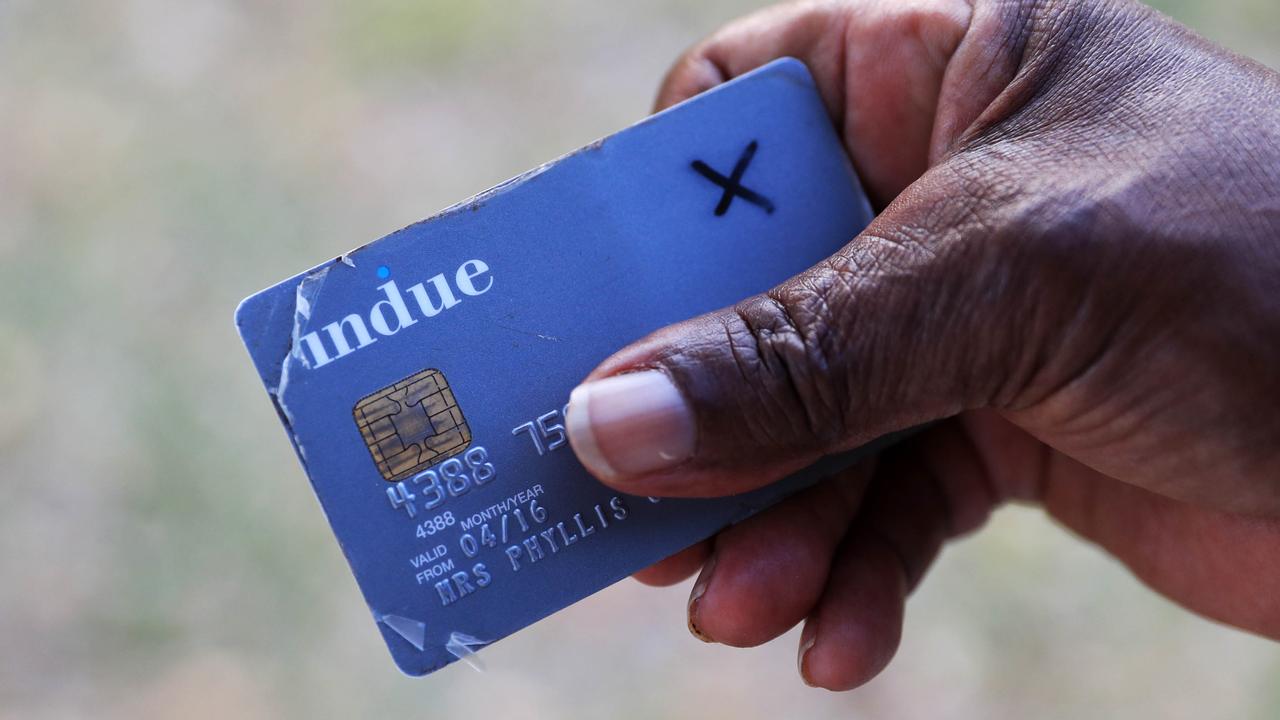‘No’ case funding ‘would kill indigenous vote’: Marcia Langton
Government funding for a “no” case would doom the indigenous referendum to failure, a senior Aboriginal leader warns.
Government funding for a “no” case would doom to failure the once-in-a-generation chance to recognise indigenous Australians in the Constitution, one of the nation’s most senior Aboriginal leaders has warned.
Marcia Langton, who was on the 22-member Expert Panel on Constitutional Recognition of Aboriginal and Torres Strait Islander Peoples, said last night she would rather wait a generation than risk failure now in the face of a publicly funded “no” case. “Let me also warn that if a ‘no’ case is formalised, funded by the government, and included in the question to be put to a referendum, constitutional recognition of indigenous people will almost certainly fail,’’ she said.
“If this question fails at a referendum proposed to be held in 2017, it will not be supported by any government in the future. A negative vote would completely rule out any question of this being taken up again in our lifetimes. Those of us who have considered this matter would rather leave it to another generation than have a failure now.”
Professor Langton’s remarks — in the annual Lowitja O’Donoghue Oration at the Don Dunstan Foundation in Adelaide — come before crucial talks on July 6 between 40 indigenous leaders and political figures to frame a referendum question.
Addressing the constitutional reform dilemma “to win or to delay”, Professor Langton said she was optimistic the “no” case campaign, led by conservative commentator Andrew Bolt, hard-right Liberal senator Cory Bernardi and former Labor minister Gary Johns, was weak.
Senator Bernardi has publicly declared he would trigger the “no” campaign by voting against constitutional change in parliament, and has the backing of Liberal Democrat senator David Leyonhjelm and Bolt.
Bolt believes a national declaration recognising indigenous Australians would surrender a critical principle that Australians be treated as individuals under the law, with equal standing and common rights, and not as representatives of a “race”, each with a different standing and different rights.
Professor Langton said Australia could not get past the “19th-century obsession with race” when constitutions in Canada, South Africa and many European nations had moved in favour of recognising first people and ethnicity.
While she is not invited to the July 6 meeting, Professor Langton said her views were shared by many of the 40 indigenous leaders who were scheduled to attend, including Pat Dodson, Galarrwuy Yunupingu, Mick Gooda, Noel Pearson, Recognise campaign director Tanya Hosch and Warren Mundine, the chairman of the Prime Minister’s Indigenous Advisory Council.
A parliamentary committee examining constitutional recognition, led by indigenous MPs Ken Wyatt and Nova Peris, is expected to release its final report after the meeting takes place.
Under the Referendum Act, the Electoral Commissioner can distribute a pamphlet containing arguments in favour or against a proposed change to the Constitution.
The “yes” and “no” cases are authorised by those MPs who vote accordingly on the proposed change in parliament.
The act prohibits further funding being allocated to either side of the campaign during the referendum period, and before 1999 there had been no public funding for such campaigns.
For the referendums that year on the republic and the recognition of local government in the Constitution, which did not go ahead, parliament suspended the act to allow for public funding for both campaigns.
There is no set formula. Funding for the local government campaign was a decision made by the then government, which based it on the proportion of members voting for and against the proposed alteration. But for the republic referendum equal funding was provided to both sides of the campaign.
The Australian Monarchist League has declared that any campaign for constitutional recognition of indigenous Australians should ensure both sides of the argument are equally funded.
Professor Langton said last night Australia’s Constitution was the most difficult in the world to change. “Not only do a majority of voters have to vote positively for a question, put in a referendum to Australian voters, each Australian state parliament must vote in the affirmative and in the majority for a constitutional change ... as a result only eight out of 44 questions in Australia’s history have succeeded,” she said.
She supported Mr Pearson’s solution to maintain parliamentary sovereignty by establishing a body of indigenous people empowered to review specific legislation in parliament and comment on the effects of legislation on indigenous people.
“To have a permanent body commenting on legislation would be a solution to the problem of our status as an extreme minority and our desire for a rightful place in the nation,’’ she said. “Imagine that the Prime Minister had supported the government of Western Australia and announced the closure of 150 out of 500 Aboriginal communities. Put into practice, an indigenous body would lodge a report with the parliament, giving advice on that proposal and its impact on indigenous people and other matters, such as finances, good governance, and human rights.”
Professor Langton said more modest constitutional changes proposed by prominent priest, lawyer and social justice advocate Frank Brennan — including the widely agreed upon removal of Section 25 from the Constitution, considered discriminatory for allowing electoral disqualification of members of any particular race — would not be supported by indigenous Australians.
“Brennan suggests we remove section 25, amend the Race Power to become an indigenous power, and insert a symbolic preamble; this kind of merely symbolic reform sets the bar too low,’’ she said.
Additional reporting: Sarah Martin


